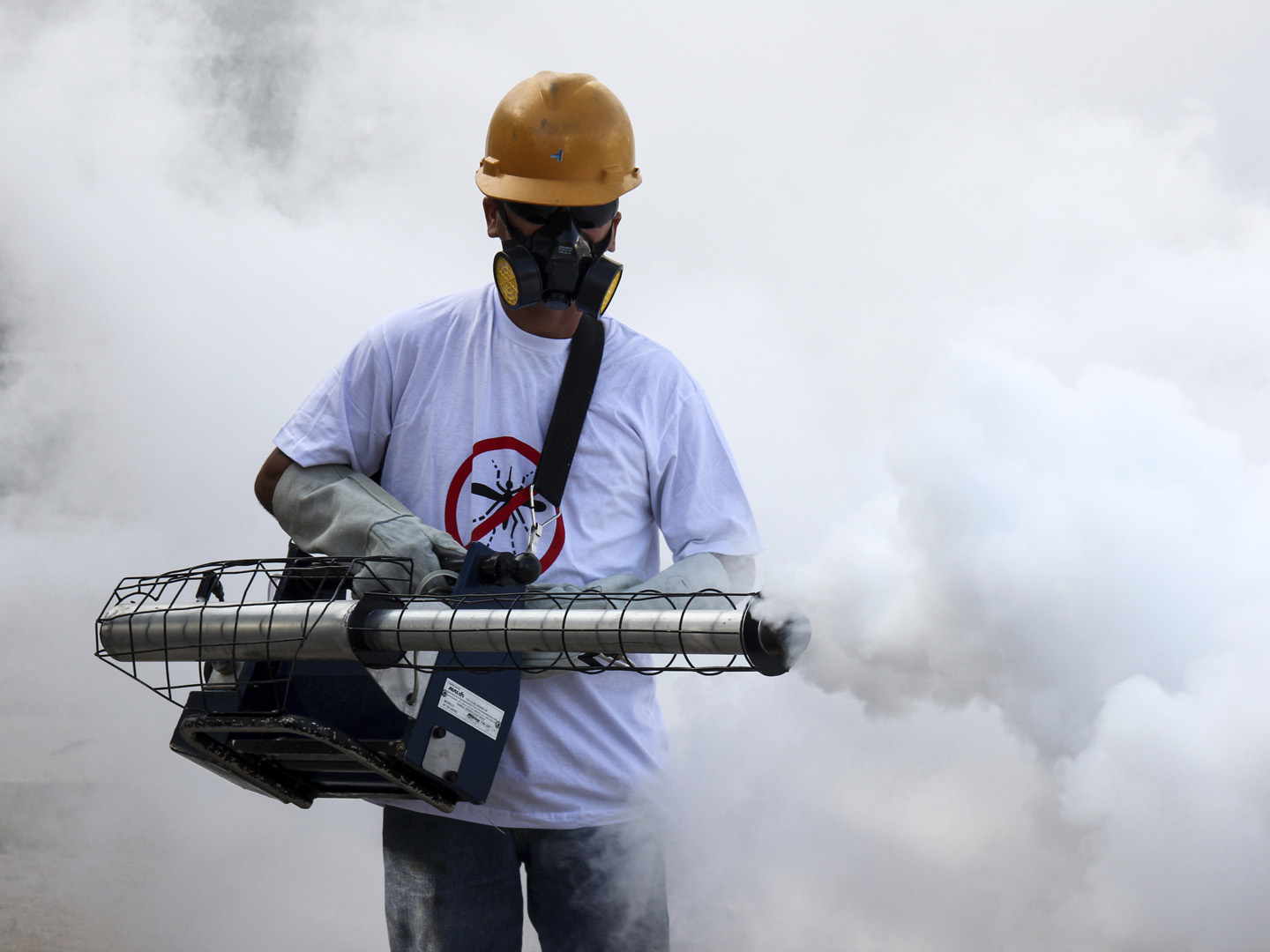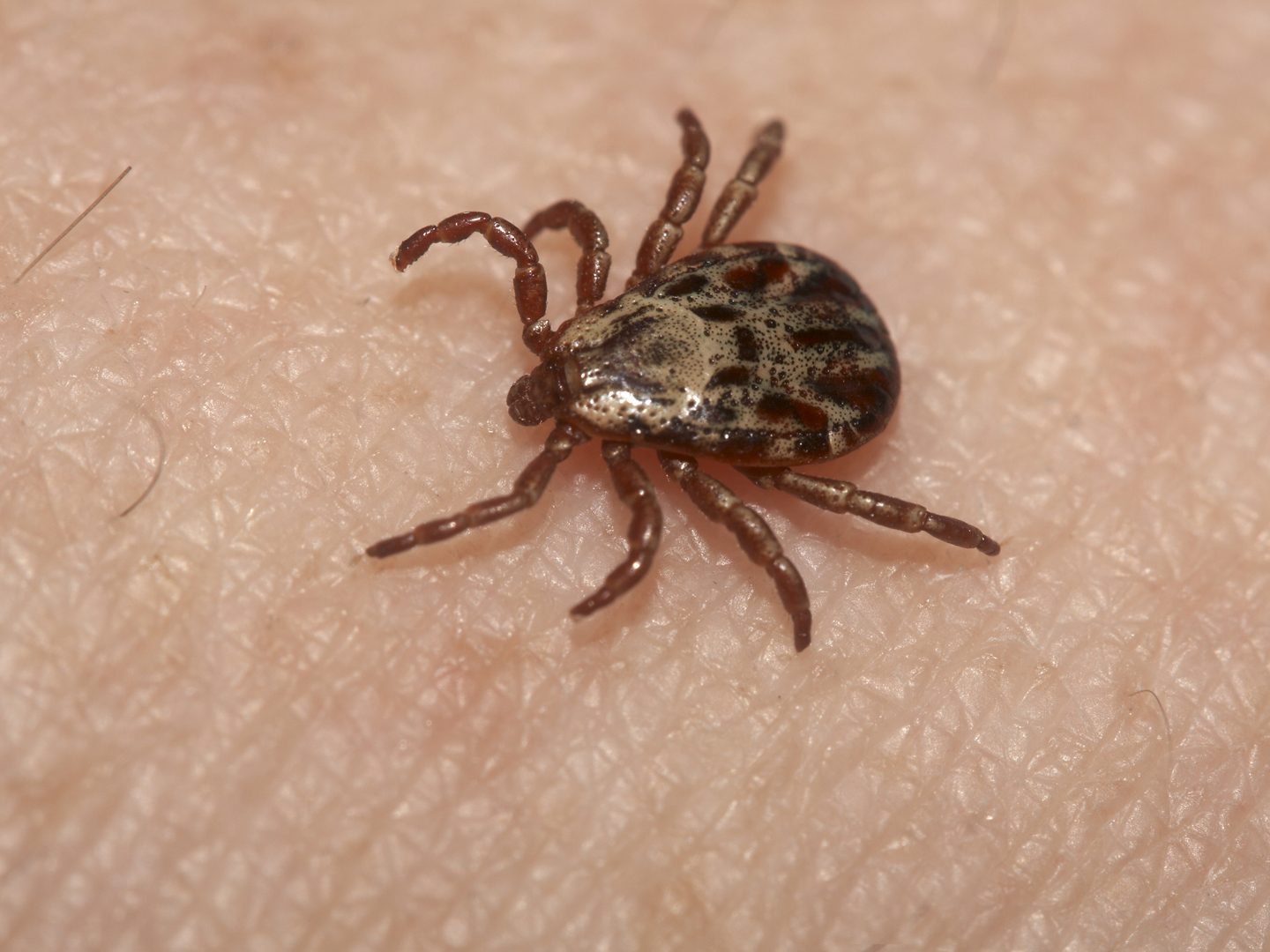Is The Zika Virus Coming Here?
I understand that mosquitoes carrying the Zika virus will likely be infecting people in some parts of the United States soon. Can you tell me where? And what can we do to avoid infection?
Andrew Weil, M.D. | September 8, 2016

The U.S. Centers for Disease Control and Prevention (CDC) has mapped out the areas in this country where Aedes aegypti and Aedes albopictus, the 2 mosquitoes that carry the Zika virus are most commonly found. This area stretches along the Gulf coast and extends to parts of New Mexico, Arizona and California. The mosquitoes also have been found as far north as Washington, D.C. All told, the CDC reports, between January 1995 and March 2016, 183 counties from 26 states and D.C. reported the occurrence of Aedes aegypti, and 1,241 counties from 40 states and D.C. reported the occurrence of Aedes albopictus.
At this writing, the CDC has documented 618 Zika cases in the continental U.S., and experts say thousands more are almost certain to have gone unreported. All these cases were contracted elsewhere, but that is expected to change soon.
The greatest danger from the Zika virus is to pregnant women and their babies. The virus can be transmitted via bites from infected mosquitoes, and men who are infected can pass the virus to their sex partners. Pregnant women can transmit the infection to their babies. If that happens, the child may be born with microcephaly, a smaller than usual head, that may result from failure of the brain to develop properly. Other severe defects related to Zika infection affect vision and hearing and may result in impaired growth.
We don’t know how likely a pregnant woman is to get Zika if she is bitten by a mosquito carrying the virus or how likely it is that Zika will pass to the fetus and cause birth defects. We also don’t know when in pregnancy a Zika infection can harm the baby.
In early June (2016) the World Health Organization advised women living in areas where Zika is circulating or is expected to circulate to delay pregnancy. The CDC hasn’t gone along with that advice on the grounds that government doctors shouldn’t intrude on such personal decisions. However, some doctors in areas likely to be hit with Zika infections have been advising patients to delay pregnancy.
Experts have little to offer beyond urging pregnant women and those likely to become pregnant to take precautions to avoid mosquito bites. And since infected men can transmit the virus to their already pregnant sex partners, the CDC advises these couples to use a condom every time they have sex. Men who have been diagnosed with Zika or have had symptoms should consider using condoms or not having sex for at least 6 months after symptoms begin.
A Zika infection itself may cause no symptoms at all. When it does cause them, they are likely to be mild: fever, rash, joint pain and conjunctivitis lasting several days to a week. But if you’re pregnant or could become pregnant, be sure to take every possible precaution to avoid mosquito bites and infection from sex partners who may have been exposed to the Zika virus.
Andrew Weil, M.D.
Source:
Micah B. Hahn et al, “Reported Distribution of Aedes aeqypti and Aedes albopictus in the United States, 19975-2016.” Journal of Medical Epidemiology, June 9, 2016, DOI: http://dx.doi.org/10.1093/jme/tjw072










